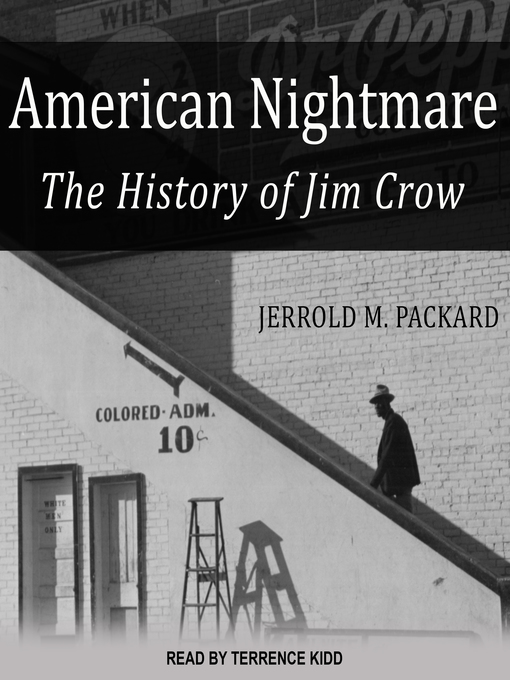- Just Added eBooks
- Available Now!
- Social and Emotional Learning
- Your Next Great Read
- See all ebooks collections
- Just Added Audiobooks
- Available Now!
- Your Next Great Read
- Thrilling Listens
- Audio Theatre
- Spanish Audiobooks
- See all audiobooks collections

